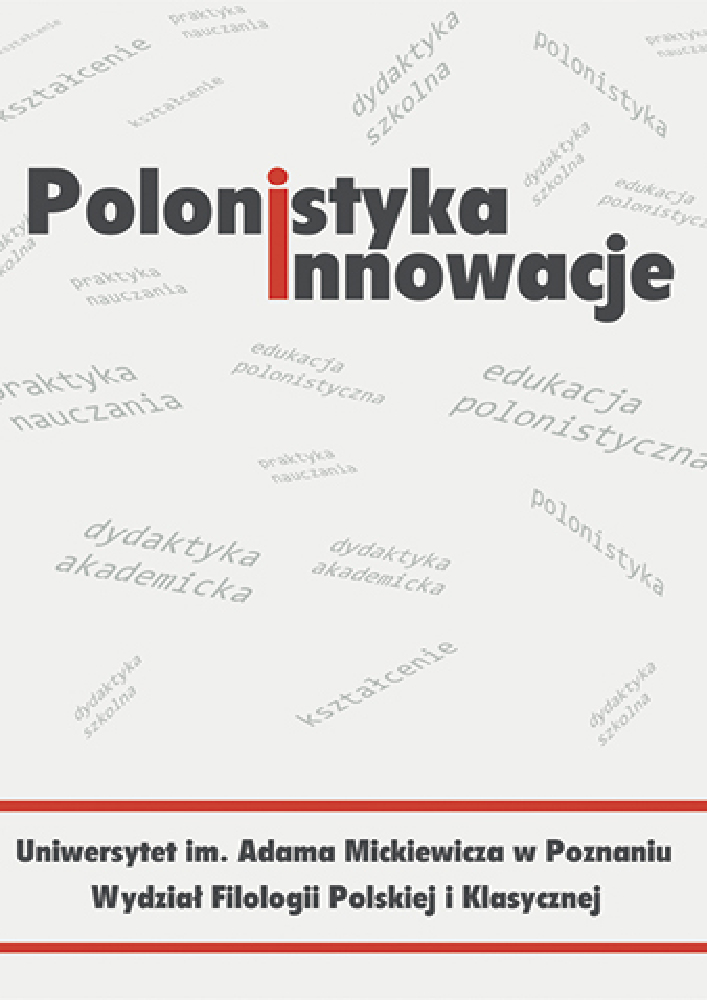Abstract
The article is an attempt to analyze the religious and existential function of nature in the prose of Wojciech Kuczok. The writer repeatedly emphasizes the pre humanity of caves, the terrifying majesty of mountain peaks and age of natural formations that were created millions of years ago – all this “causes a metaphysical thrill” and leads to finding a sacred dimension in natural world. The concept of time is transforming and revaluating, human life seems to be just a glimpse comparing to eternity of the natural world. Therefore, in Kuczok’s writings, the real temples are not churches or cathedrals built by human hands, but caves and grottos – only in these “eternal miracles” human is able to look for “God’s traces”.
References
Bachórz Józef, Kowalczykowa Alina, 1997, Słownik literatury polskiej XIX wieku, Wrocław.
Dobroch Bartek, Kuczok Wojciech, Teksty podziemi, w: „Tygodnik Powszechny”, https://www.tygodnikpowszechny.pl/teksty-podziemi-20320 (dostęp: 15.04.2020).
Drotkiewicz Agnieszka, Kuczok Wojciech, Oczyszczenie. Rozmowa z Wojciechem Kuczokiem, w: „dwutugodnik.com”, https://www.dwutygodnik.com/artykul/4117-oczyszczenie.html (dostęp: 23.03.2020).
Kolbuszewska Ewa, 2007, Romantyczne przeżywanie przyrody, Wrocław.
Kuczok Wojciech, 2012, Poza światłem, Warszawa.
Lisak-Gębala Dobrawa, 2018, Podziemia, jaskinie, piwnice w twórczości Wojciecha Kuczoka, w: Mazur D., Morzyńska-Wrzosek B. (red.), Przestrzeń w kulturze współczesnej. Podziemia. Literatura, Bydgoszcz.
Przybylski Ryszard, 1978, Ogrody romantyków, Kraków.
License
Copyright (c) 2022 Zuzanna Jujka

This work is licensed under a Creative Commons Attribution-NoDerivatives 4.0 International License.

